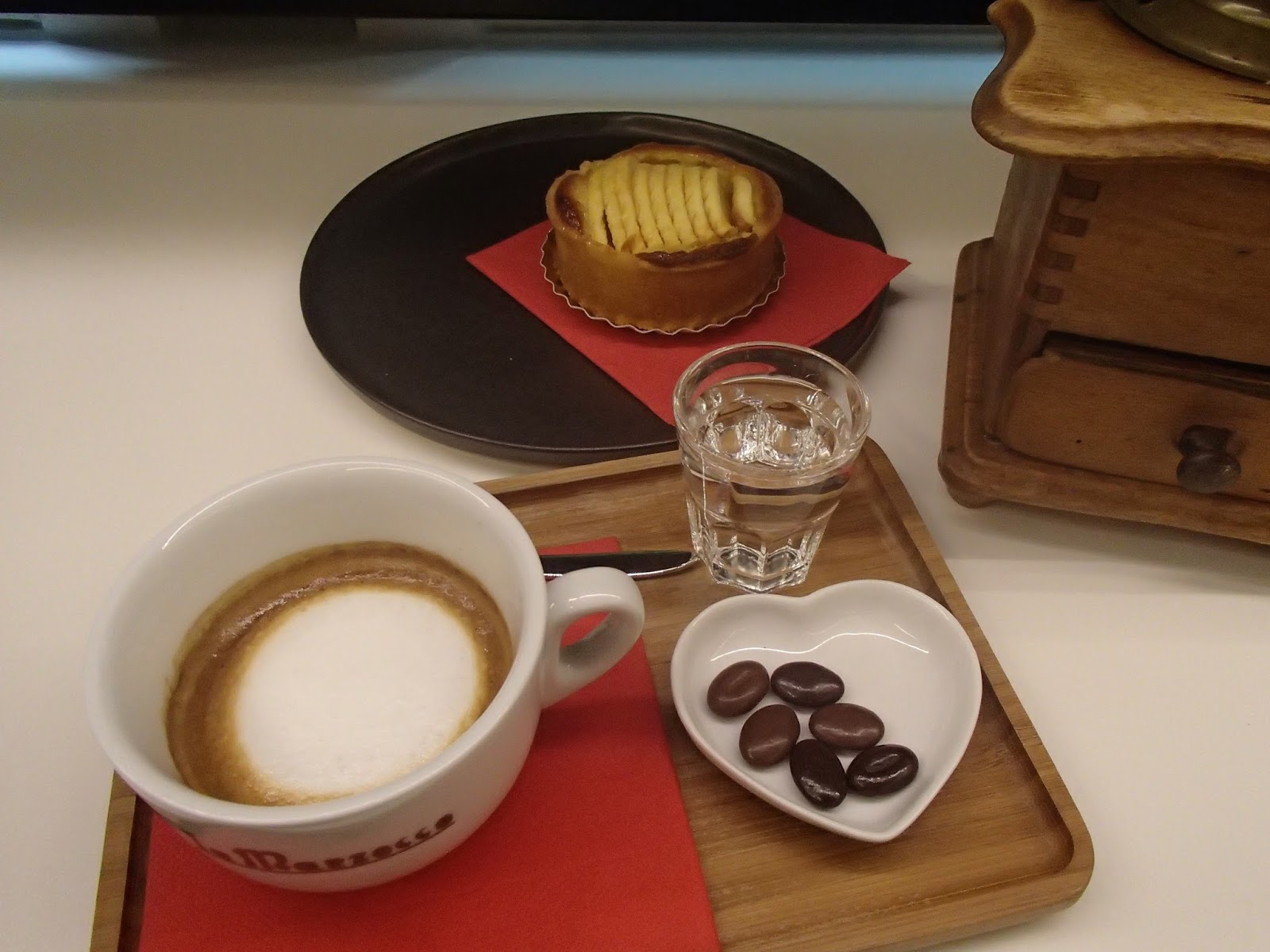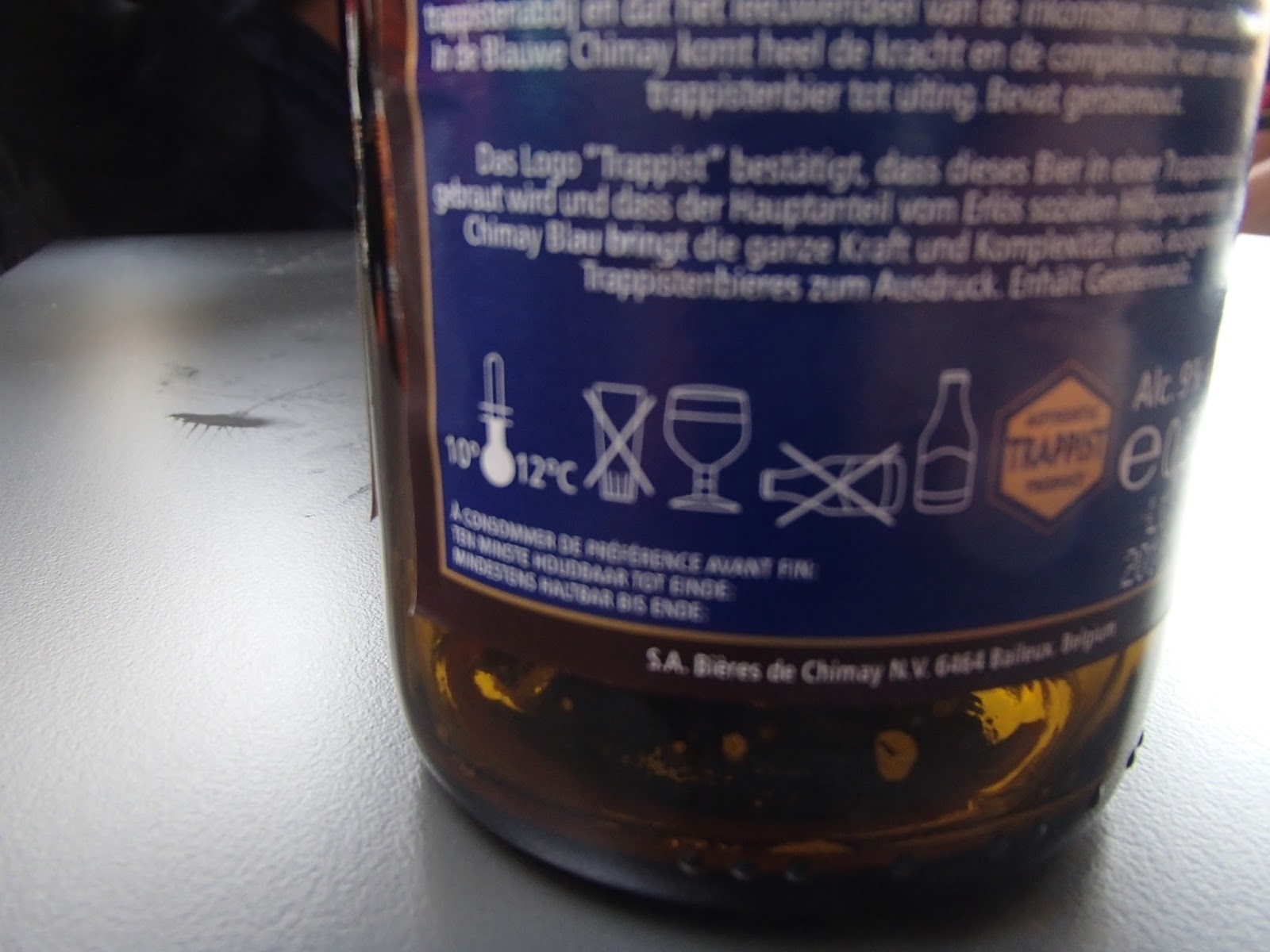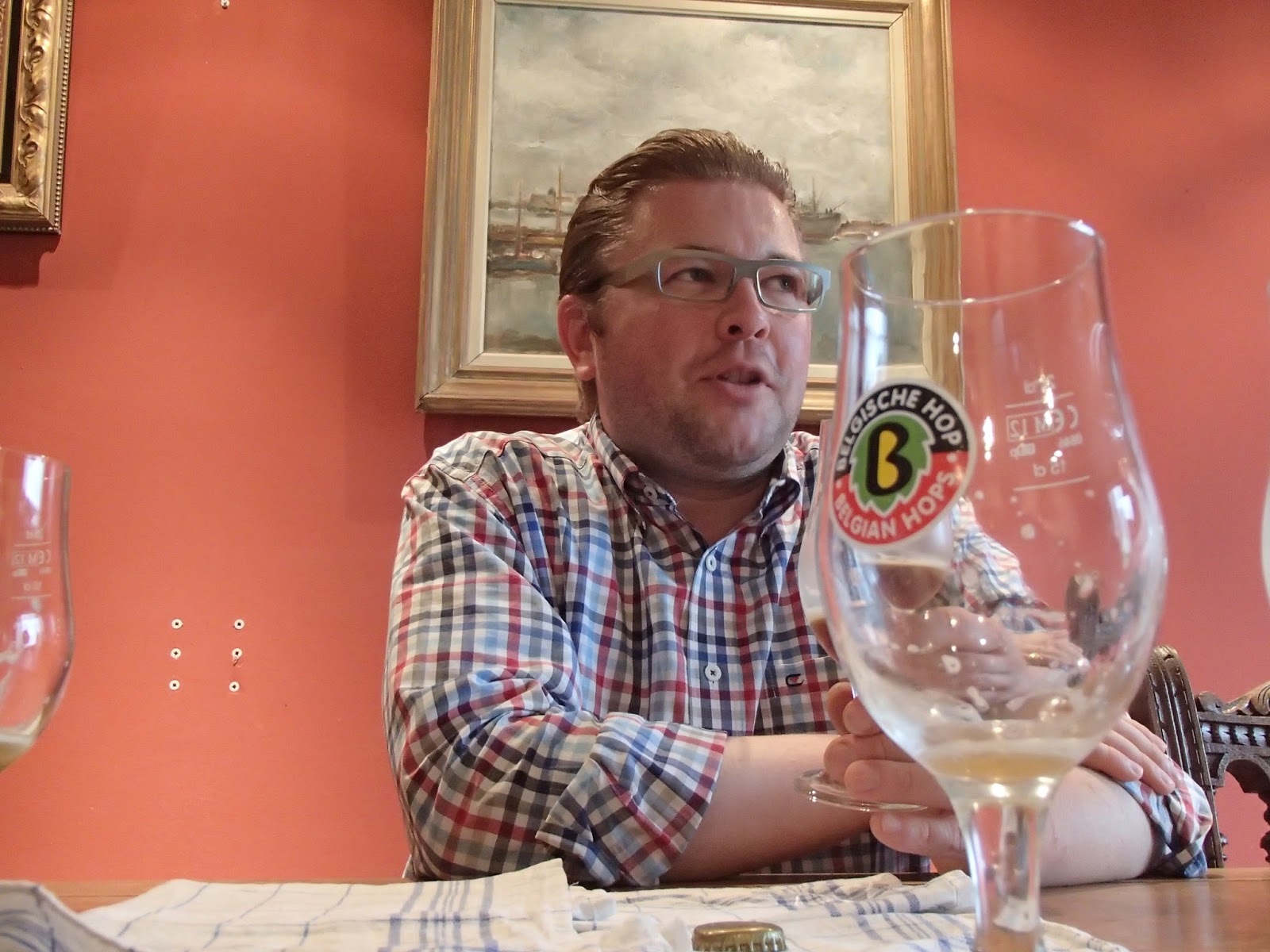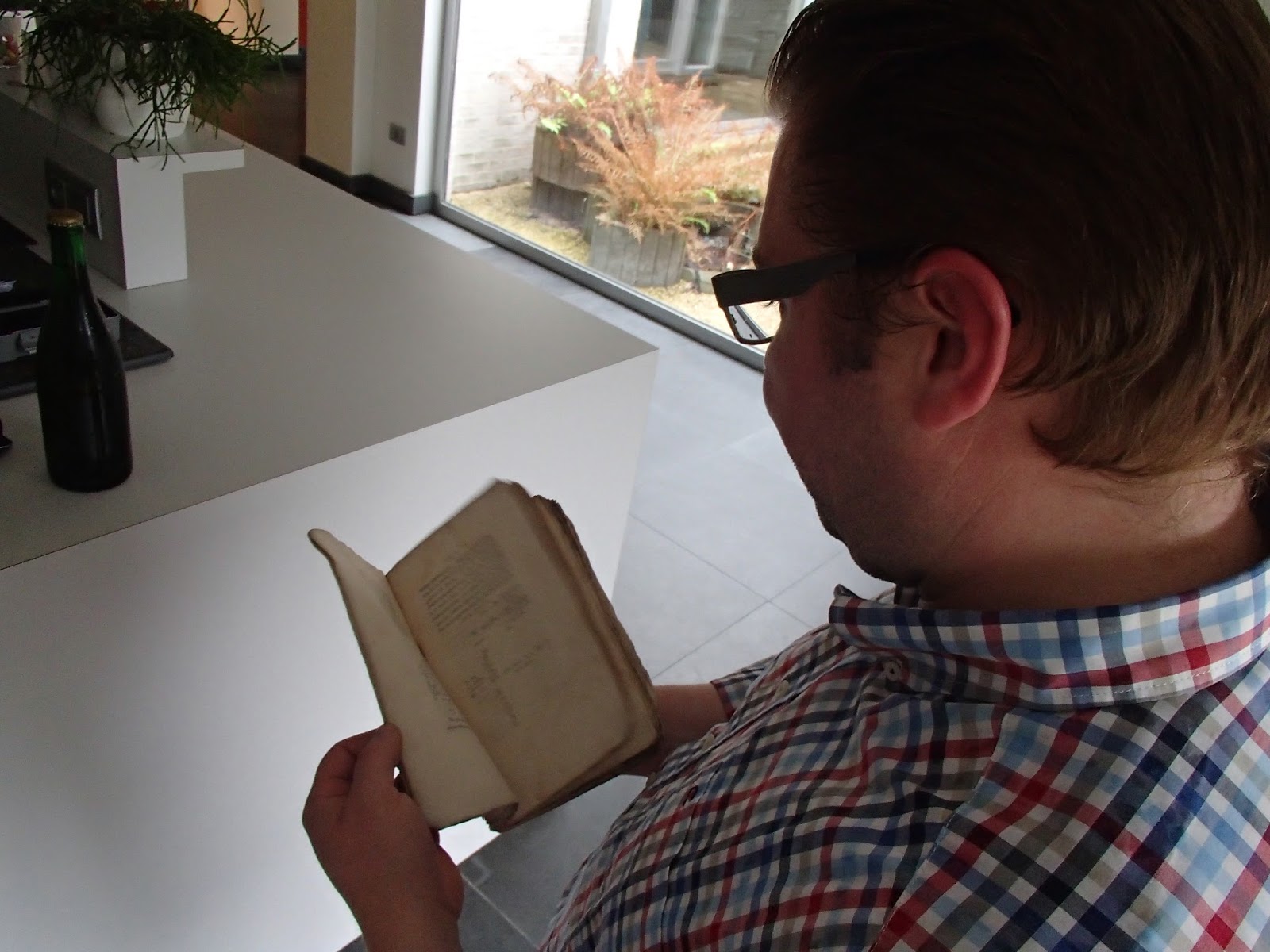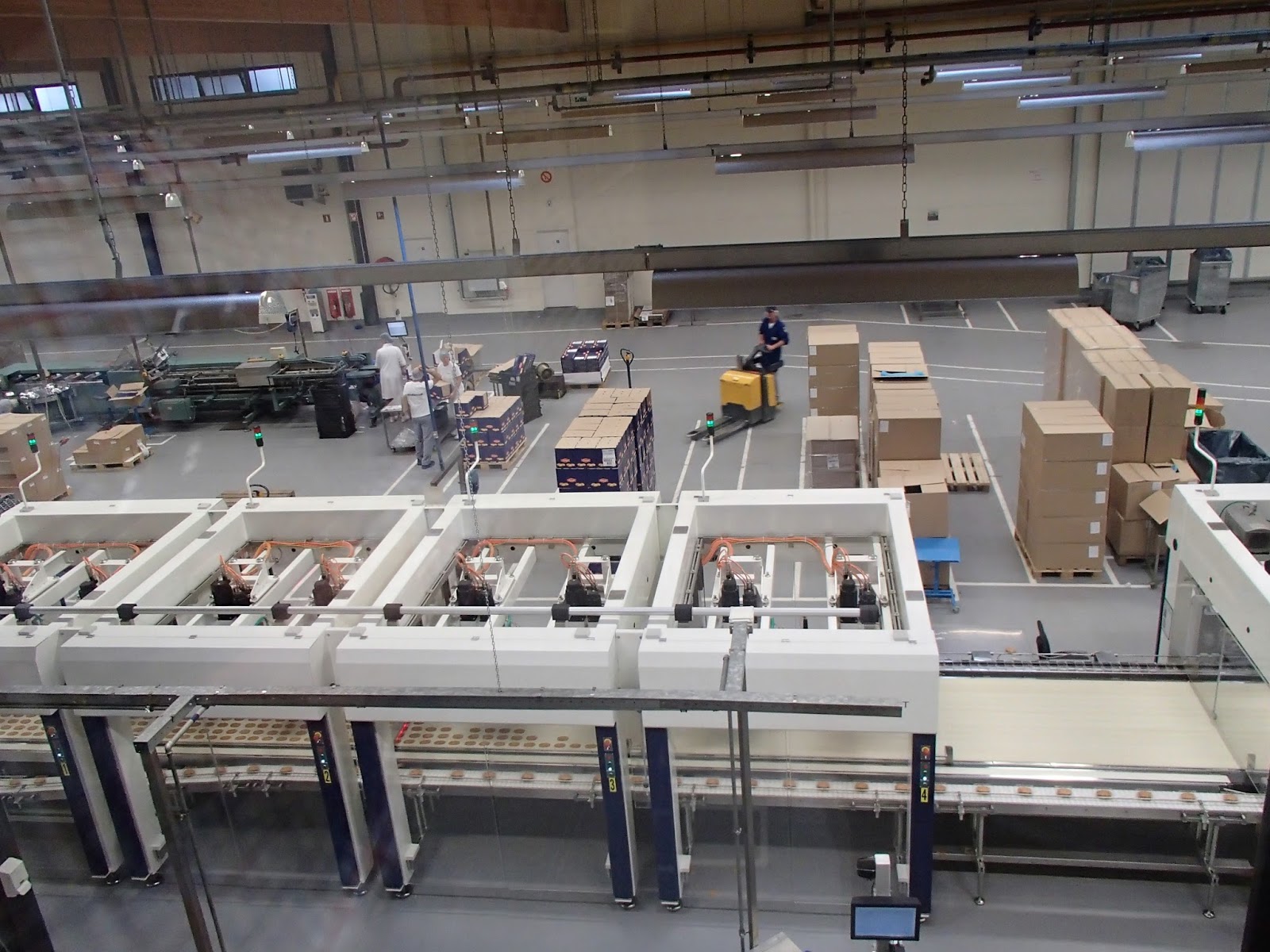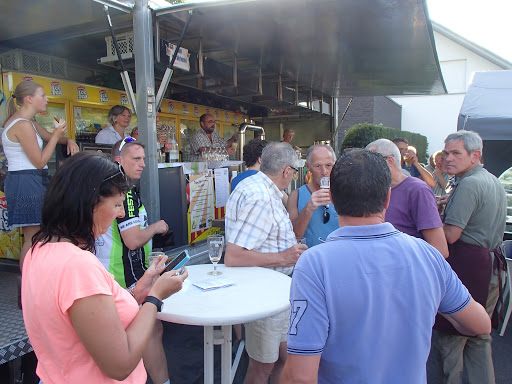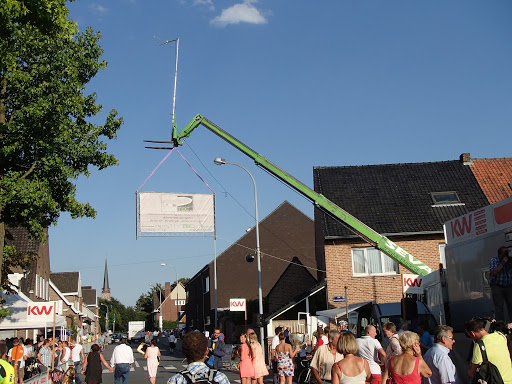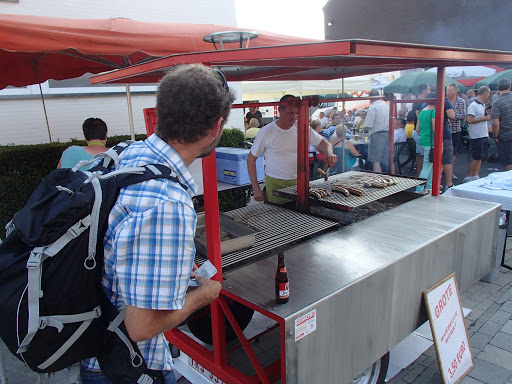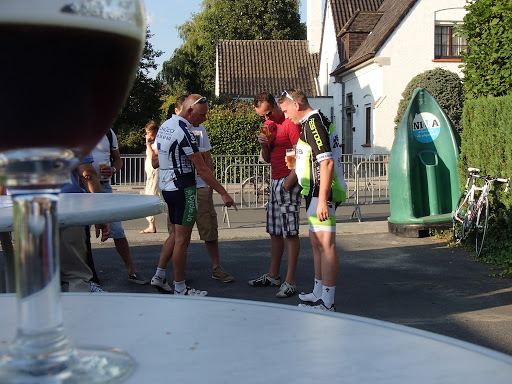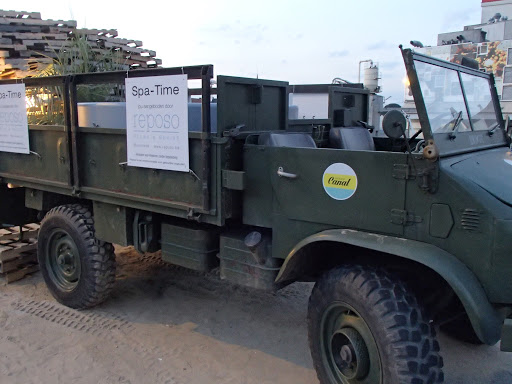Harry and I instead decided to go for a stormy trail run on Mount Brandon. After a spartan breakfast that paired nicely with the Eastern Bloc hospitality afforded us by our Hungarian waitress, the two brothers set forth towards the trail head in the wind and the rain.
By the time we started the run, the storm had lifted slightly, and we managed to climb a rutted dirt road through dry set stone walls and bleating sheep. The clarity could not last, and before long we caught up with the ceiling. As though directed by some cosmic maestro, the trail exhibited a graceful diminuendo to make way for the 50 meter visibility that was settling in. We looked up into the haze to where a ravine petered to a runnel and back down to where a stone pillar stood as our last landmark before a sea of gray consumed the landscape. We discussed pressing further into the tempest before rationalizing that relative to the amount of exercise we had gotten in the previous week, this really was quite strenuous, and, that “we’re going to die out here.”
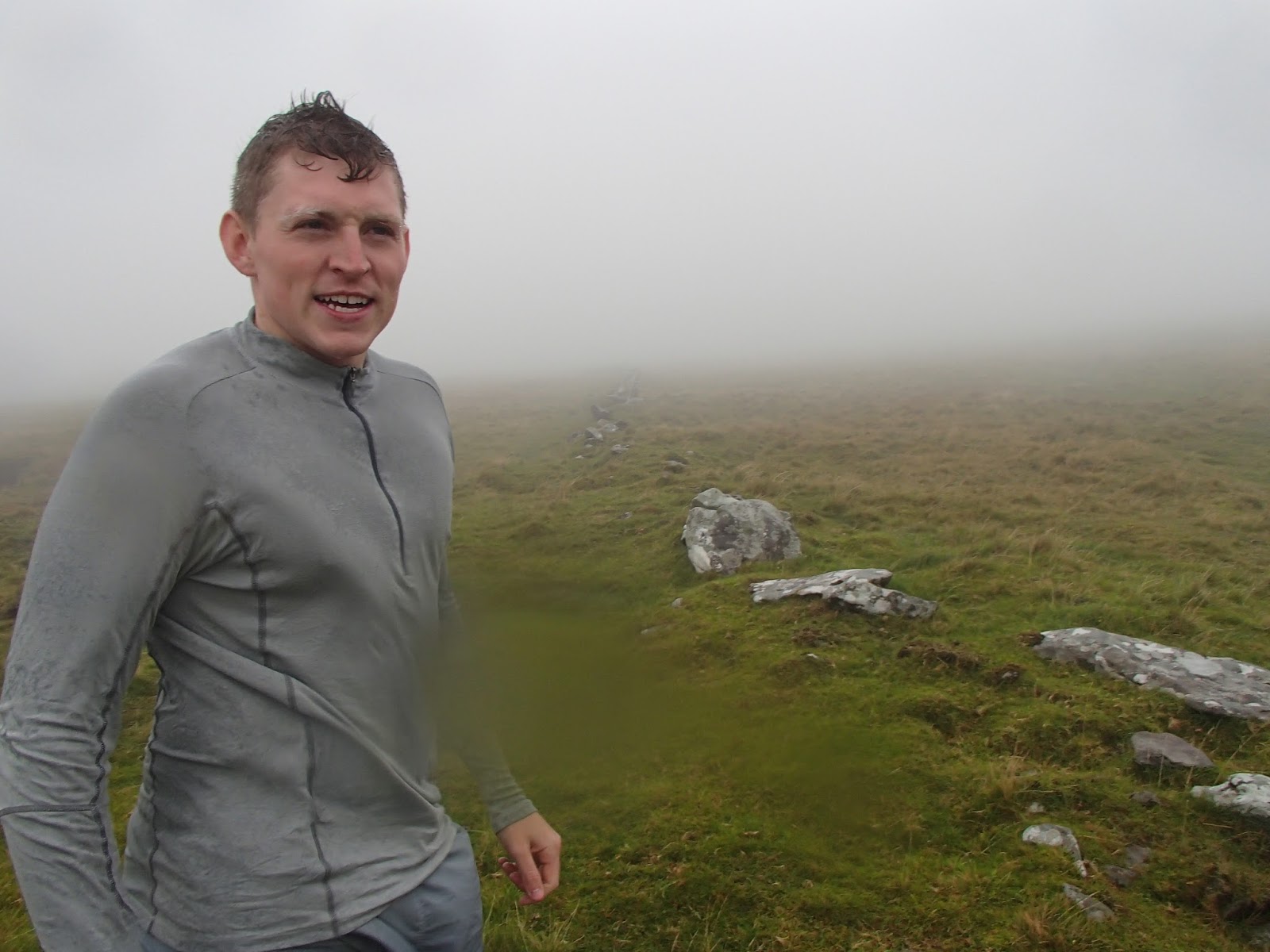 |
| Harry sizes up the storm and looks for the trail. |
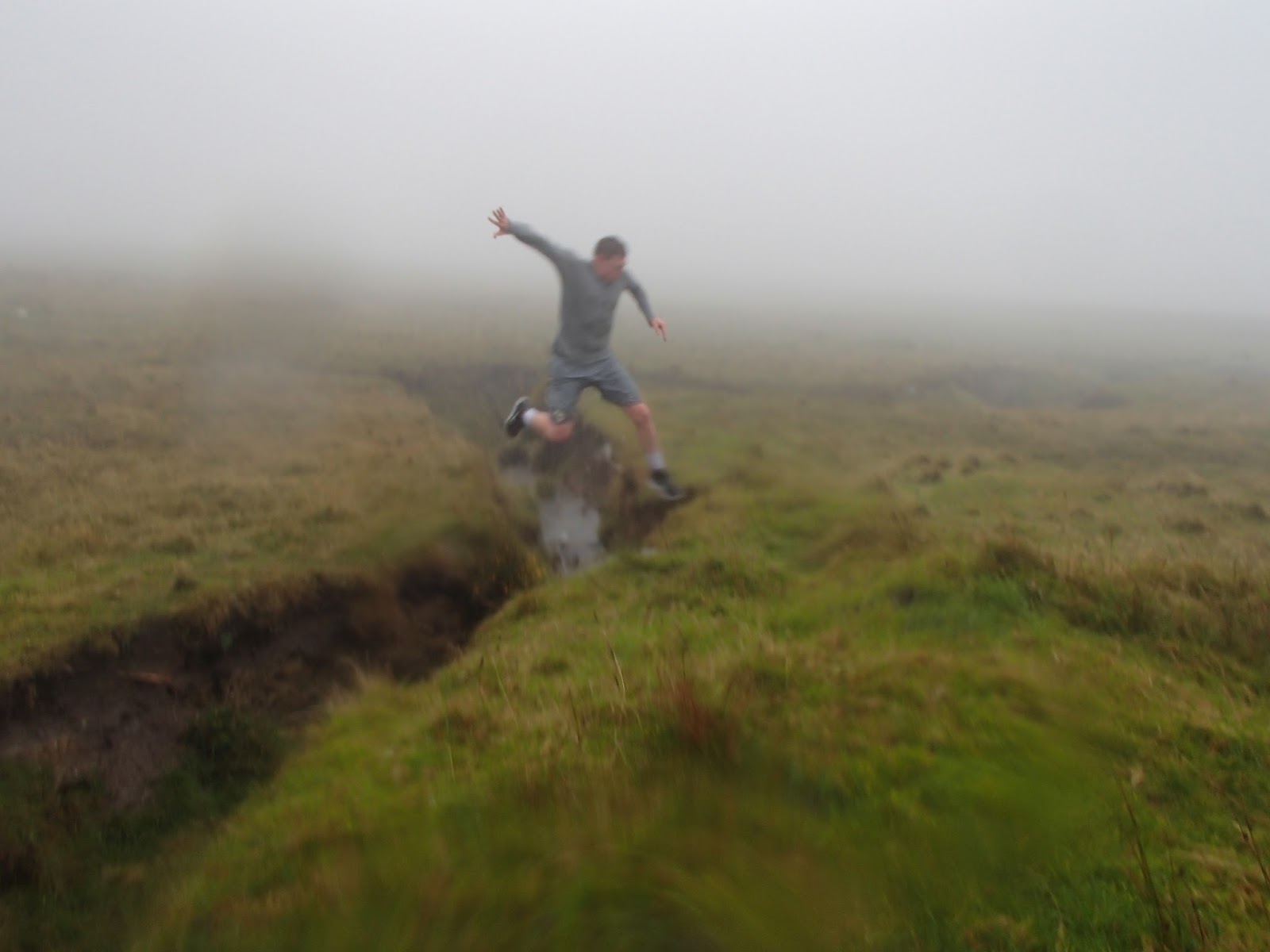 |
| Harry negotiates Drew Creek. |
The rain continued on our drive back towards the guest house and as we were weaving through the outskirts of Ballydavid a silhouette emerged on the side of the road and indicated that it would like a ride. Never ones to to leave a stooping old man out in the rain, we slowed down, pulled over, and he crawled into the back seat.
We greeted him and were met with some indecipherable dialect of muddled speech, so addled by age and whiskey that after I posed that he may only speak Gaelic, Harry wondered if he was speaking anything at all. No matter, the man fastened his seat belt and we were off. We had made it only 100 meters before he indicated to us through insistent mumbling and gesticulation that we were going in the wrong direction.
I have not hitchhiked often, but my understanding of the process is that it is uncommon for the rider to inform the driver that he is going in precisely the wrong direction.
But the man seemed quite comfortable, and who were we to throw him back out in the weather? Besides, it was a layover day on the coast and raining. We headed back past where we’d picked him up, and started looking for where he might want to go. He indicated forward, mumbled to himself or his audience, and would from time to time erupt laughing to some private joke. We continued driving through the narrow, twisting roads of rural Ireland and before long the lanes widened, the houses became more sparse, and we were headed towards the open road. I thought perhaps to Dublin, but Harry seemed to think we were headed more towards Galway.
Harry asked him where he was headed, although at this point we were fairly committed to driving until he indicated that we should stop. “A Laic,” we understood him to say. Harry looked for A Laic on the map, to no avail. “Can you show us where A Laic is?” Harry asked him, holding up the tourist map of the entire island. He responded only with another large grin and two thumbs up. We settled in for the long haul and hoped that we didn’t run out of fuel.
We never made it to Galway or Dublin. We found ourselves before long returning to Dingle by a route more direct than we knew. While it was quite in the opposite direction that we had intended at the time, we expected that it would save us some effort when we headed back in the afternoon. Before our new friend set off on foot into Dingle, we shook hands and snapped a quick photo.
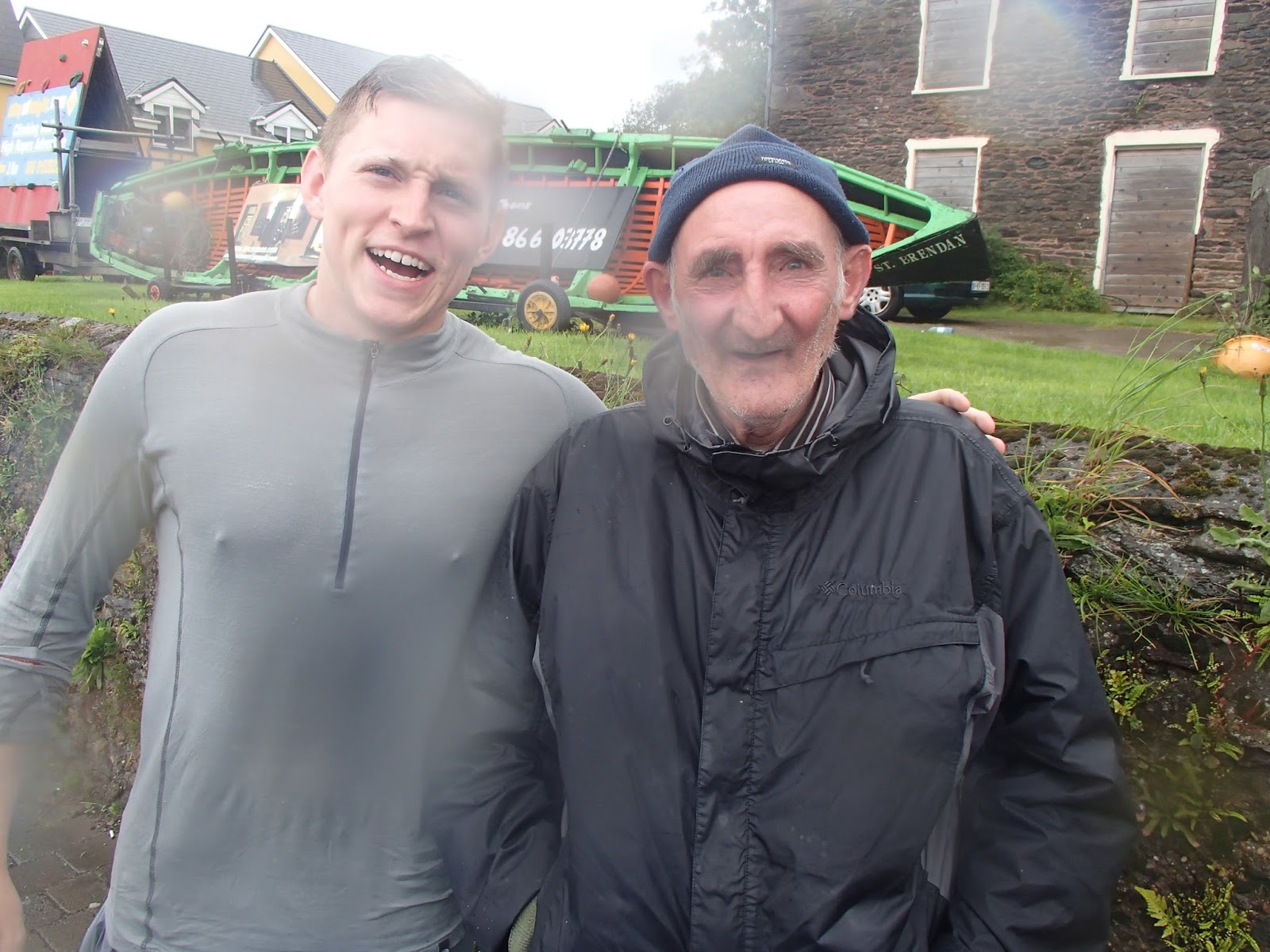 |
| We made it to Dingle! |
Just as he turned a corner to disappear I had a revelation. “Best of luck, Alec!” we called to him. He hunched his shoulders more against the storm and turned silently out of sight.
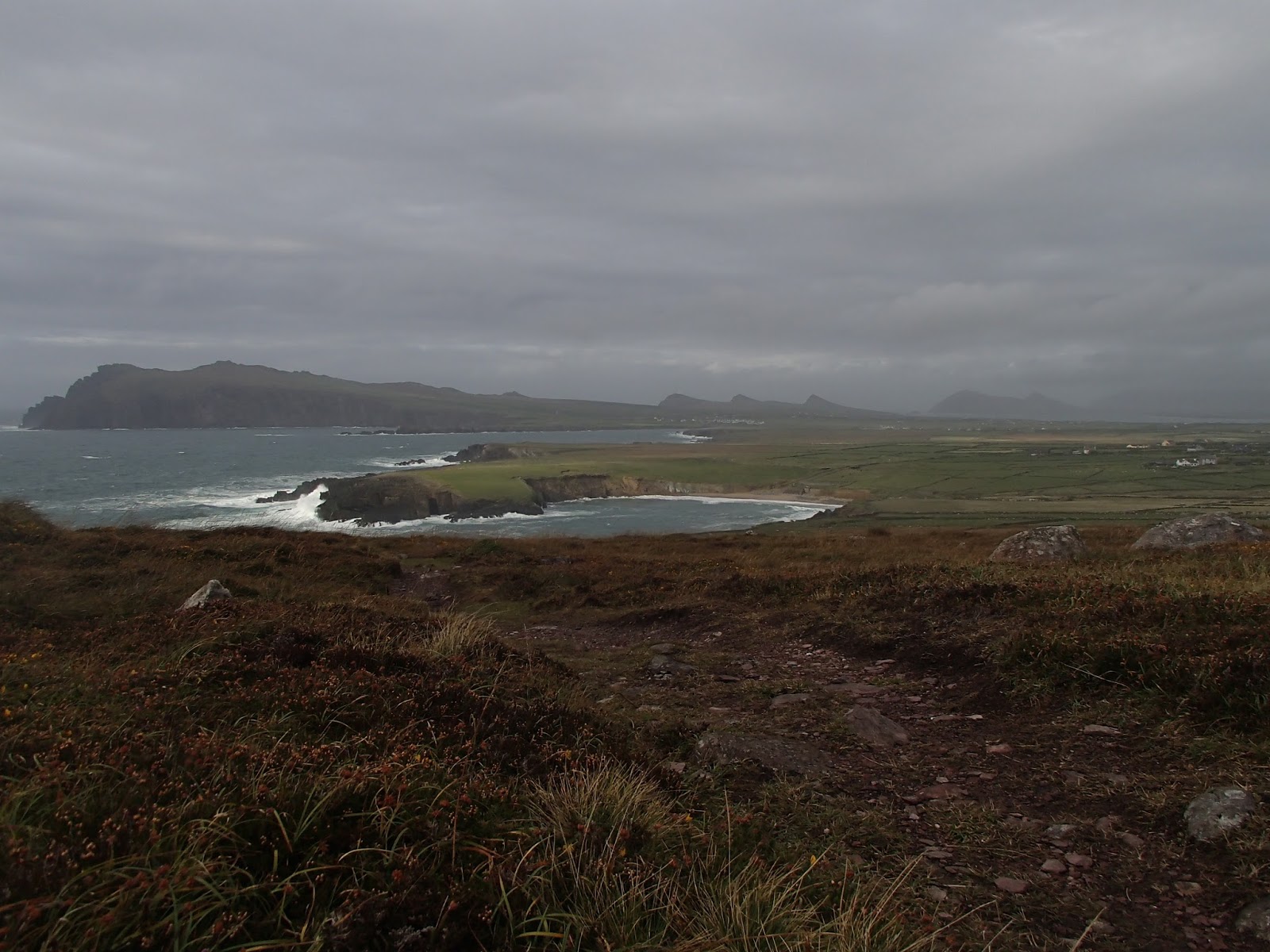 |
| #Trail |

